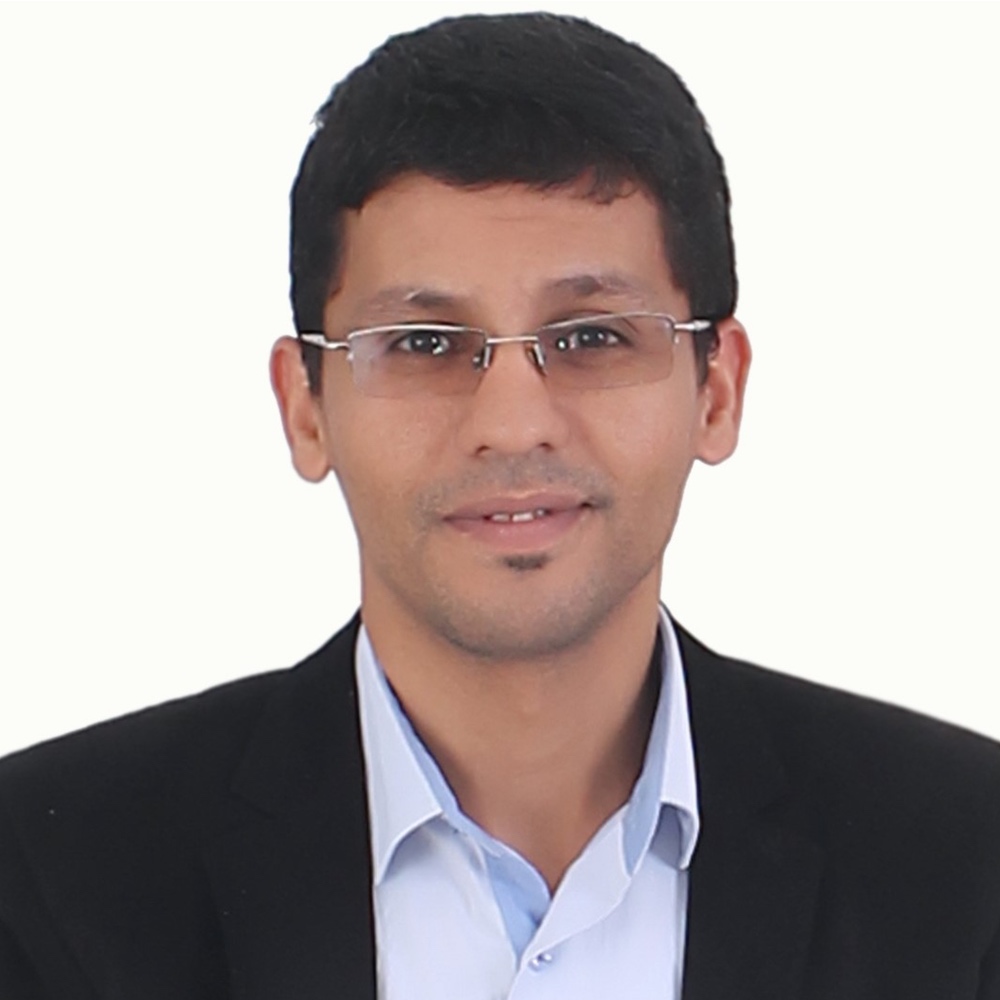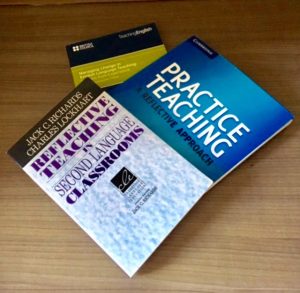
English Without Borders: Communication in a Connected World
by Katy Simpson.
In many ELT classrooms, learners have little intention of ever stepping foot in an English-speaking country. So why are they learning English? Whether they have heard of the term or not, an important motivation for many is that English is the world’s Lingua Franca – a common language between people who do not share the same first language. So, how can we prepare our learners to communicate successfully in this way? In the following four videos (all filmed in Japan), we hear ideas and inspiration from teachers who believe in equipping learners with the tools to communicate clearly.
Who are your learners using English with?
Before we can begin to help our learners communicate successfully, we need to find out who our learners use English with. There are many reasons they might be using ELF. English is not only used as a Lingua Franca in the commercial world; it’s used to share ideas in academia, to enable sports teams to travel, to build bridges in the world of NGOs, to facilitate the meeting of minds between artists, and many more. Just this week, I watched Danish musicians perform at a concert in Kobe, Japan. At the end, they stayed around to chat to (Japanese) members of the audience – all in English. What does this mean for us as teachers? In this video, Anna and Nicky give us a flavour of an ELF-aware classroom:
- Anna mentions the importance of relevant role models. How do you think this is connected to ELF?
- Nicky explains that his learners use English with people from a range of countries. In what ways might the learners’ interactions with North American speakers differ from their interactions with other Asian speakers of English?
What skills do our learners need to use ELF successfully?
Much of the ELT industry still operates as if people study English for the same reason I’m learning Japanese; in order to integrate within a specific community. Coursebooks still usually defer to so-called “native speaker” accents in their pronunciation sections, and audio materials are filled with “native speaker” accents. Examinations often use “native speaker” pronunciation as a benchmark in descriptors, and it is still common to see the phrase “native speaker teachers” slapped proudly across the marketing of some schools. But in this connected world, where English is a communication tool across borders, are “native speakers” really as relevant as some parts of the ELT industry would have us believe? To meet the needs of most of our students, I strongly believe there needs to be a shift in the industry; we need to move away from judging a learner’s success based on how acceptable their English is to a “native speaker.” Instead, we need to prioritise clear communication in international context. As individual teachers, we might not be able to change the world of publishing, examinations, and marketing! However, we all make decisions in the classroom – and even the smallest of changes can help to empower learners as international communicators. So, what are the key skills that learners need? In this second video, three teachers talk about their classroom priorities:
- Nick talks about the difficulty of persuading learners that successful communication does not always have to be grammatically accurate. Why do you think some learners find this concept challenging?
- Mike talks about the dangers of making assumptions. Have you ever experienced the kind of communication breakdown that Mike describes, either inside the classroom or outside it?
- Parisa describes the importance of pronouncing /r/ and /l/ clearly. Why do you think consonant sounds are so important when using ELF?
What types of activities can develop our learners’ ability to use ELF?
Many of the skills described in the second video are easily achieved through many of the communicative activities we already use in class. That is to say, addressing the needs of ELF users does not require a dramatic change in classroom practice. Information gap activities, for example, are ideal for developing skills such as paraphrasing. In this third video, we look at some more specific examples of classroom activities aimed at promoting successful communication using ELF:
- Chia describes a fun speaking activity. Could this work in your classroom?
- Kevin and Anna talk about the importance of the Internet in developing learners’ ability to use ELF. How else can we use the Internet to develop learners’ skills to help them use ELF?
How can we develop learners’ confidence communicating in ELF contexts?
One of the key issues for learners in any context is a lack of confidence. This is often compounded in an ELF context because of the range of first language backgrounds involved. This particularly impacts pronunciation. In this last video, Barbara, Atsuko, and Chad all focus on the importance of accents:
- Barbara talks about building learners’ confidence listening to a range of accents and encouraging learners to choose relevant pronunciation models depending on their own accent. Do you try to familiarise your learners with a range of accents in your listening lessons? If so, please share suggestions for audio resources in the comments box below!
- Atsuko suggests that communication is a two-way process, i.e. it is not only the speaker who is responsible for successful communication, but also the listener. Hence, learners need to be familiar with a range of accents. She also talks about the issue of “native-speaker deference” among so-called “non-native speakers.” How do you think we can help learners to take pride in their accent, wherever they come from?
- Lastly, Chad stresses the importance of awareness-raising. What types of activities might promote this?
Indeed, it is fitting to end with Chad’s words because awareness-raising was a common thread throughout the videos. By helping our learners to understand the hurdles they might face when using English internationally, we can enable them to begin working on solutions. To find out more about these hurdles and solutions, check out our online course starting in February: Creating an ELF-aware classroom. Also, don’t forget to share your thoughts in the comments below, and a big thank you to everyone who was interviewed for the videos.





